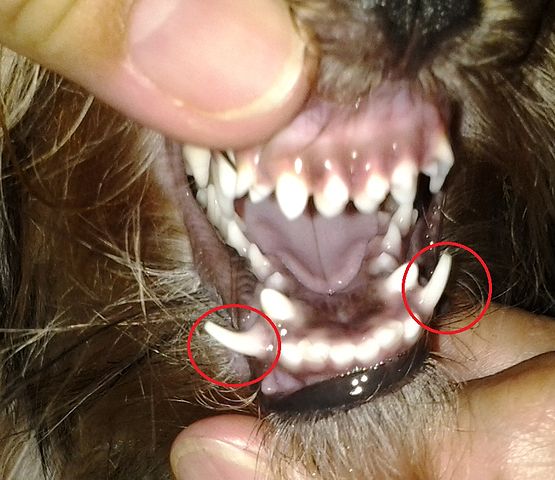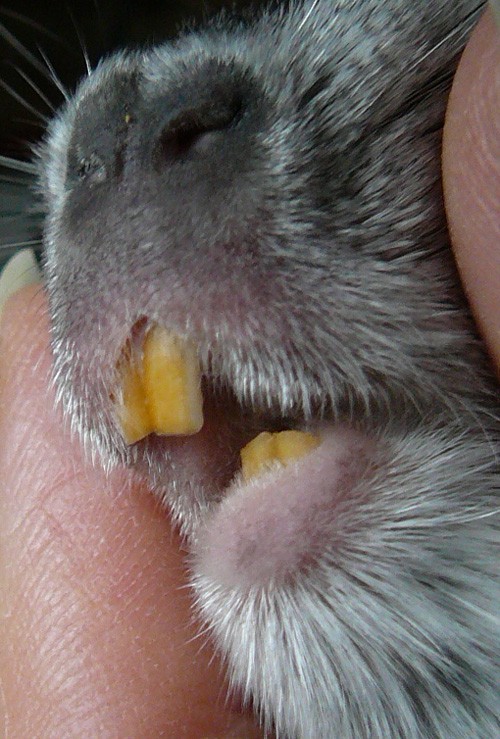Tag: teeth
-
Mouth rinses for cats
—
by
Most effective are the chlorhexidine based rinses. Chlorhexidine gluconate is an antiseptic which reduces inflammation and bleeding of the gums and freshens the breath. It has no known side effects. Chlorhexidine acetate is antibacterial, but there are some reports of staining of the teeth after prolonged usage. Rinses may also help reduce plaque and calculus…
-
Doc Hollywood
—
by
We live in troubled times – economically, politically, and socially. This blog being mostly focused on veterinary matters, I’m going to turn my attention to the most animal-relevant of society’s many questions, which is this: How did the Americans get so good at telly? Like many right-minded people, my wife and I have become addicted to…
-
Venusians, Martians and abscesses
—
by
Despite my continued annoyance at the non-appearance of hoverboards, the 21st century is truly a wonderful time to be alive. Contrary to the repeated attempts of 24-hour news channels to make us believe otherwise, many of us live in more tolerant and less violent societies than any of our ancestors. Men and women are now considered equals,…
-
Obesity: facing the big dog in the room
—
by
Obesity is a huge welfare problem that is rapidly increasing. We all know this. That owners with obese animals are guilty of neglect is obvious[1.yes, rarely there can be endocrine or metabolic problems], as is the state of their animals, and they don’t need a vet to bring this up in a consult – all…
-
Vet School’s Got Talent
—
by
When you apply to vet school, there are certain boxes you have to tick: achieve the right A-Levels (or Advanced Highers), complete a number of weeks of work experience, and pass that dreaded interview. What nobody tells you, however, is that being a vet student requires a number of other skills that seemingly have nothing…
-
Clinical EMS 101
—
by
At vet school, you learn some basic clinical skills and are taught how to conduct a general clinical examination to prepare you for EMS placements in veterinary surgeries. What they don’t prepare you for is making a complete idiot out of yourself. Before my first clinical placement I told the vets I would be working…
-
The German attitude to learning
—
by
The vet handed me the needle and vacuum tubes and, at the slightly bewildered look on my face, asked if I’d ever taken blood from a horse before. Upon my answer of “no”, he shrugged and said: “I’ll show you the first one, instruct you for the second, then you can do it by yourself.”…
-

When to extract retained deciduous teeth
—
by
A common abnormality in canine dentition is retention of deciduous teeth. This occurs when the permanent tooth bud does not grow immediately beneath the deciduous tooth, and therefore does not cause the roots of the deciduous tooth to be resorbed. A retained tooth can cause the permanent tooth to erupt in an abnormal position or…
-

Dentition in chinchillas
—
by
Chinchillas have 20 teeth from birth – 4 incisors and 16 molars. Teeth are open-rooted and, therefore, grow continuously, about 2-3 inches per year. The chinchilla should be provided with good quality hay, wood blocks or pumice stones to gnaw on and encourage tooth wear. The incisors are separated from the molars by a diastema.…
-
Social mobility and the vet profession
—
by
I can’t help thinking that efforts to improve “social mobility” and help people from all backgrounds to get into “the professions” are looking at people from disadvantaged backgrounds only, and not looking at the whole picture. This means they miss out on a group who really would enrich and diversify our profession: the mature student.…